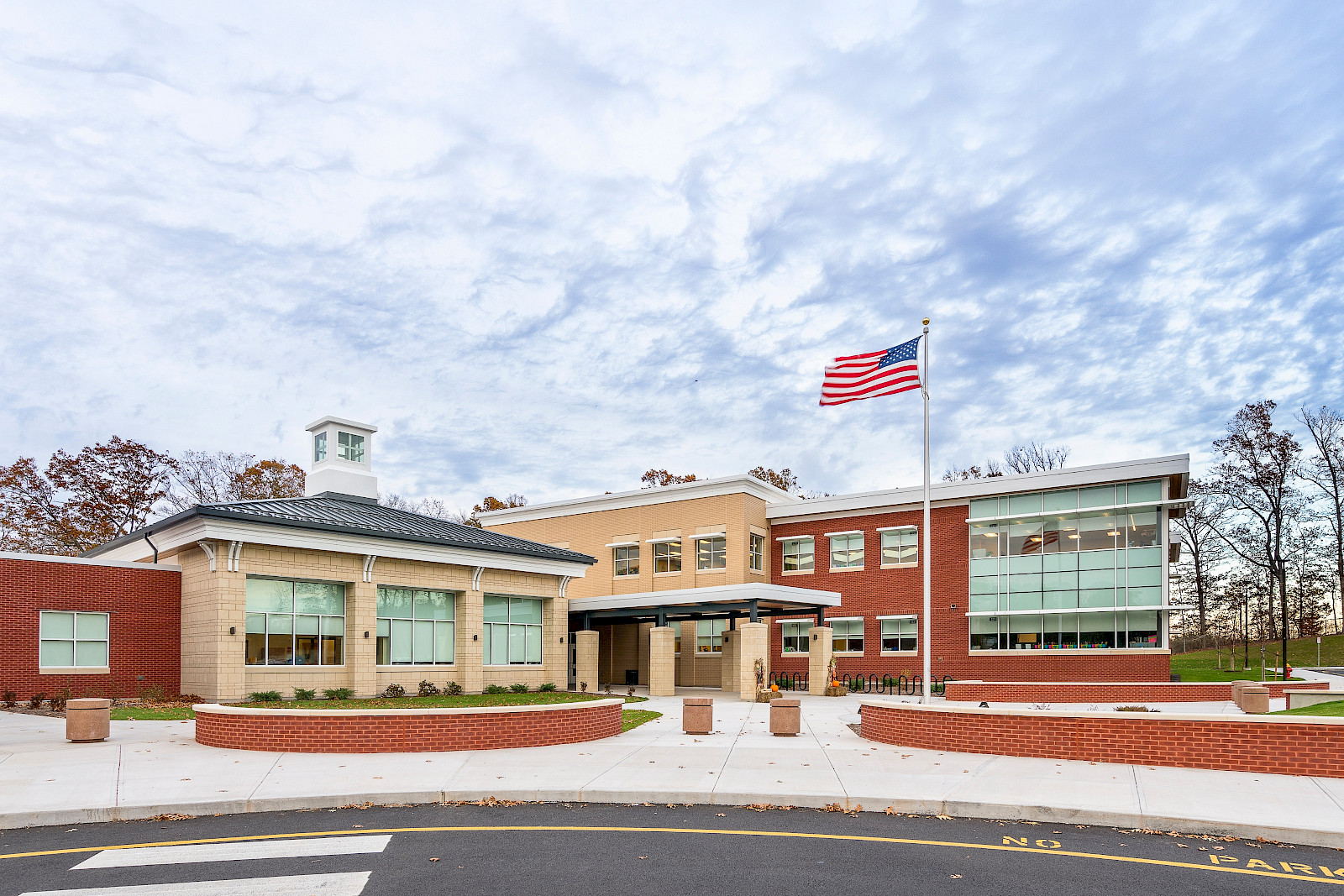Last month, Rocky Hill’s Town Council approved a school budget $650,000 below what the Board of Education requested. That cut has already led to the quiet erosion of programs and support services that matter to students, families, and the wider community.
As a candidate for Mayor this November, I believe Rocky Hill needs leadership that sees education not as a cost to contain, but as the foundation of long-term growth and stability.
For the last few years, I have heard our elected leaders take pride in saying that we spend less per student than most of the other towns in our DRG (District Reference Group). But is that something we should really be proud of?
What Was Cut and Why It Matters
To close next year’s funding gap, the district has announced difficult changes:
- Summer enrichment programs have been cancelled, eliminating essential math and reading support for Pre-K through Grade 5 students. This hits working families and struggling learners the hardest.
- A high school credit recovery specialist position was eliminated. Already-overloaded teachers must now fill that gap, increasing the risk that vulnerable students fall behind.
- Introductory French and Spanish classes at Moser School were suspended, despite research showing early language education boosts cognitive skills and prepares students for future success. Our neighbors in Glastonbury, Avon, Farmington and other schools in Fairfield county offer world languages starting in the 4th grade; these are widely regarded as some of the best school systems in the state. Do we want to be “second tier”?
- A retiring elementary teacher will not be replaced. This reduces staffing flexibility and increases the likelihood of overcrowded classrooms during critical early years. Some elementary grades are already operating over the recommended capacity.
Learn more about the impact these cuts have on our schools. These are not harmless efficiency measures. They are short-term cuts with long-term costs.
The Economic Case for Full Funding
Even if you don’t have children in our schools, the strength of the district affects everyone.
1. Strong schools protect property values.
Quality schools attract families and raise home values. They also bring in higher-end businesses, helping to keep residential taxes lower.
2. Education drives economic growth.
Our students are the future workforce. Cutting support today weakens our local economy tomorrow. Rocky Hill can be a town that cultivates high-achieving graduates—or one that falls behind.
3. Delaying maintenance increases costs.
We have already made the case that postponing repairs doesn’t save money. It invites bigger problems. We’ve already seen this with the roof at West Hill Elementary.
A Smarter Path Forward
Rocky Hill needs leadership with a long-term view—one that invests in our students, supports our educators, and addresses infrastructure before it fails.
If elected, I will:
- Advocate for school budgets that reflect our values by increasing transparency between parents, the Board of Education, and the Town Council.
- Prioritize timely investment in school facilities
- Treat public education as the essential investment it is
We can do better for our students, our families, and our future. It starts with electing a Mayor, Town Council, and Board of Education that are ready to lead with vision and responsibility.
Let’s stop shortchanging the next generation. Let’s invest wisely—and move Rocky Hill forward.
Allan Smith
2025 Democratic Candidate for Mayor, Rocky Hill
Opinion piece: This article reflects the position of the author and not necessarily that of the Democratic Town Committee.


